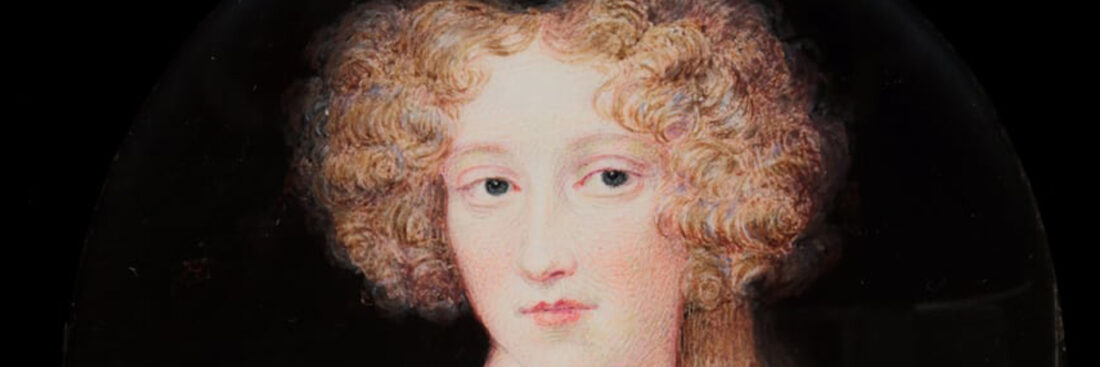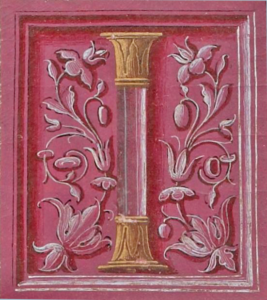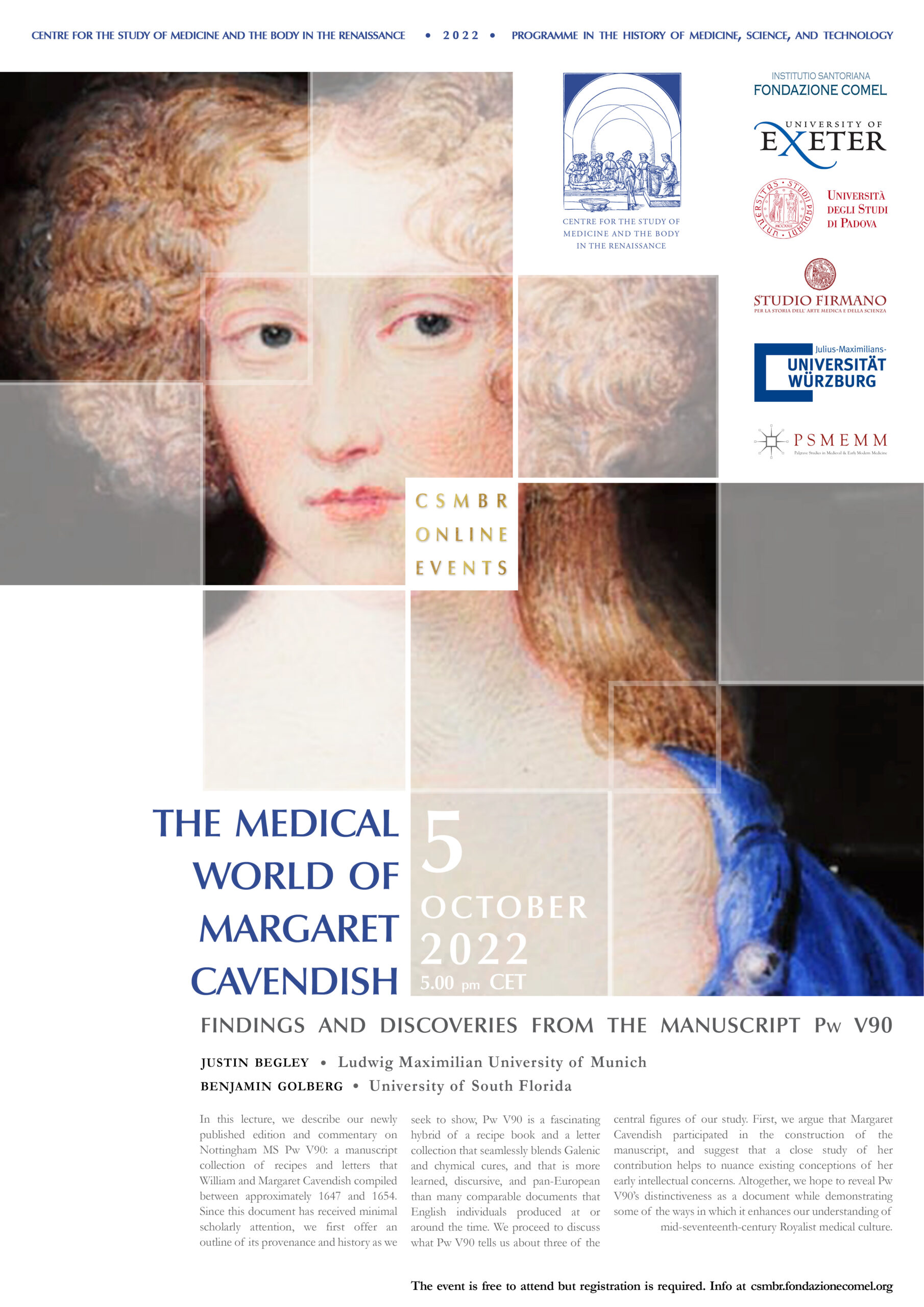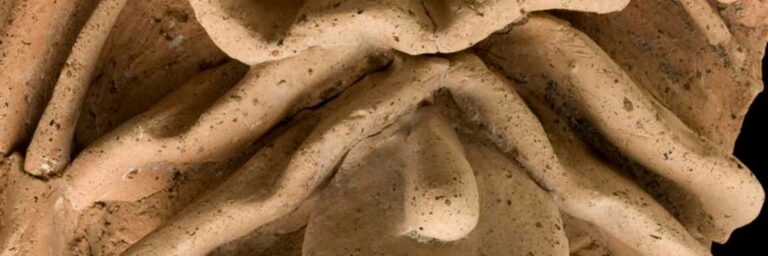The Medical World of Margaret Cavendish


The Medical World of Margaret Cavendish
Findings and Discoveries
from the Manuscript Pw V90
Justin Begley
Benjamin Goldberg
5 October 2022 – 5 PM (CET)
In this lecture, we describe our newly published edition and commentary on Nottingham MS Pw V90: a manuscript collection of recipes and letters that William and Margaret Cavendish compiled between approximately 1647 and 1654.
All told, we hope to reveal Pw V90’s distinctiveness as a document while demonstrating some of the ways in which it enhances our understanding of mid-seventeenth-century Royalist medical culture.
About the Speakers ...
Justin Begley is a Humboldt Fellow at the Ludwig-Maximilians-Universität München who focuses on early modern literature and intellectual history, and particularly the histories of science, medicine, and the book. Along with publishing on Cavendish, Begley has also written on major figures including Nehemiah Grew, Pierre Gassendi, Thomas Tryon, and Kenelm Digby.
Benjamin Goldberg is an Associate Professor of Instruction at the University of South Florida in Tampa, Florida. He is a historian and philosopher of science whose work focuses on the intersection of natural philosophy and medicine in late Renaissance and early modern Europe. His work ranges from studies of medical recipe collections to explorations of the history of anatomical method in William Harvey and Descartes to the idea of seeds in Jean Fernel.







